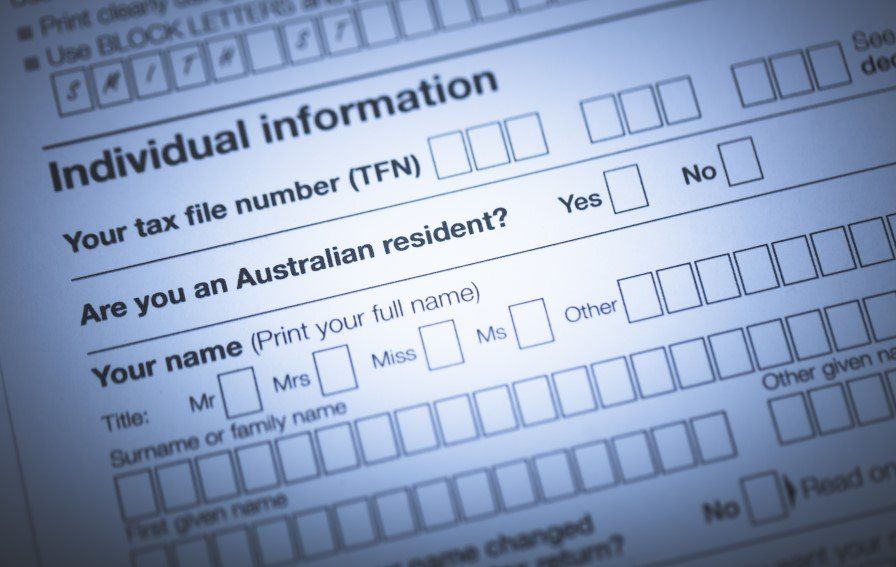COVID-19 support payments: what you’ll need to report

Many individuals completing their 2020-21 tax return this tax time will have received some form of government support payments as a result of the economic fall-out from COVID-19, including the JobKeeper, JobSeeker, the COVID-19 disaster payment, or the pandemic leave disaster payment. Some of these payments will need to be reported as income while others are exempt. If you were previously a sickness allowance recipient now receiving the higher rate of the JobSeeker, beware that you may be liable for increased Medicare levy this year.
2021 may feel like groundhog day with many States and Territories in various stages of lockdown attempting to control the highly infectious Delta variant. It may not seem like it, but it is now tax time, time to lodge your 2020-21 tax returns. As we cast our minds back over the previous tax year, it will be apparent that many individuals completing their 2020-21 tax returns this tax time will have received some form of government support payments, including the JobKeeper, JobSeeker, the COVID-19 disaster payment, or the pandemic leave disaster payment.
For individuals that received the JobKeeper as either an employee or a sole trader, these amounts will need to be included in the relevant tax return. For employees, your employer will report these JobKeeper payments to the ATO as either salary or wages or an allowance. This information should be automatically prefilled.
Sole traders that received the JobKeeper payment on behalf of their business will need to include the payments as assessable income for the business in their own tax return. You should check your own records against either ATO services for businesses or myGov. The correct amount will then need to be included at the label “Assessable government industry payments”.
At the onset of the first wave of COVID-19 restrictions in March 2020, the Federal government replaced certain social security payments and allowances with the JobSeeker payment. The JobSeeker payment also replaced the Sickness Allowance on 20 September 2020. Therefore, individuals that have received the JobSeeker or other allowances may receive a Centrelink payment summary for 2020-21 with 2 types of payments.
The information on government allowances and payments should be prefilled for relevant individuals when Services Australia (Centrelink) reports the information to the ATO. However, Sickness Allowance recipients should be aware that a Medicare levy exemption will only be allowed from 1 July 2020 to 19 September 2020 as the Sickness Allowance was replaced with the JobSeeker from 20 September 2020.
The JobSeeker payment is not considered to be an eligible payment for claiming a Medicare levy exemption, so depending on the amounts of payments received, previous recipients of the Sickness Allowance may have an increased tax liability due to higher Medicare levy amounts.
With conclusion of the JobKeeper, the government introduced the COVID-19 disaster payment to help provide support for eligible individuals who are unable to work in their usual employment. Affected individuals are able to receive up to $750 per week if more than 20 hours or more of work has been lost. If you’ve received this payment, you will not need to include it in your tax return as the government has designated it NANE income meaning it is non-taxable.
The other government payment individuals would’ve likely received is the pandemic leave disaster payment, consisting of $1,500 for each 14 day period, this payment was intended to support individuals who must self-isolate or quarantine at home. Any amounts received will need to be included in your tax return. If you’re not sure of the amount you’ve received, Services Australia (Centrelink) will issue advice to confirm the amount. That amount will need to be entered into either the labels of “Australian government special payments” or “Other income”.
Need some advice?
If you need some advice on whether various payments you’ve received in relation to COVID-19 support is assessable or not, we have the expertise to help. Save yourself the trouble this tax time and let us take care of your tax return to maximise your deductions.
Email us at Robert Goodman Accountants at reception@rgoodman.com.au . © Copyright 2021 Thomson Reuters. All rights reserved. Brought to you by Robert Goodman Accountants.









